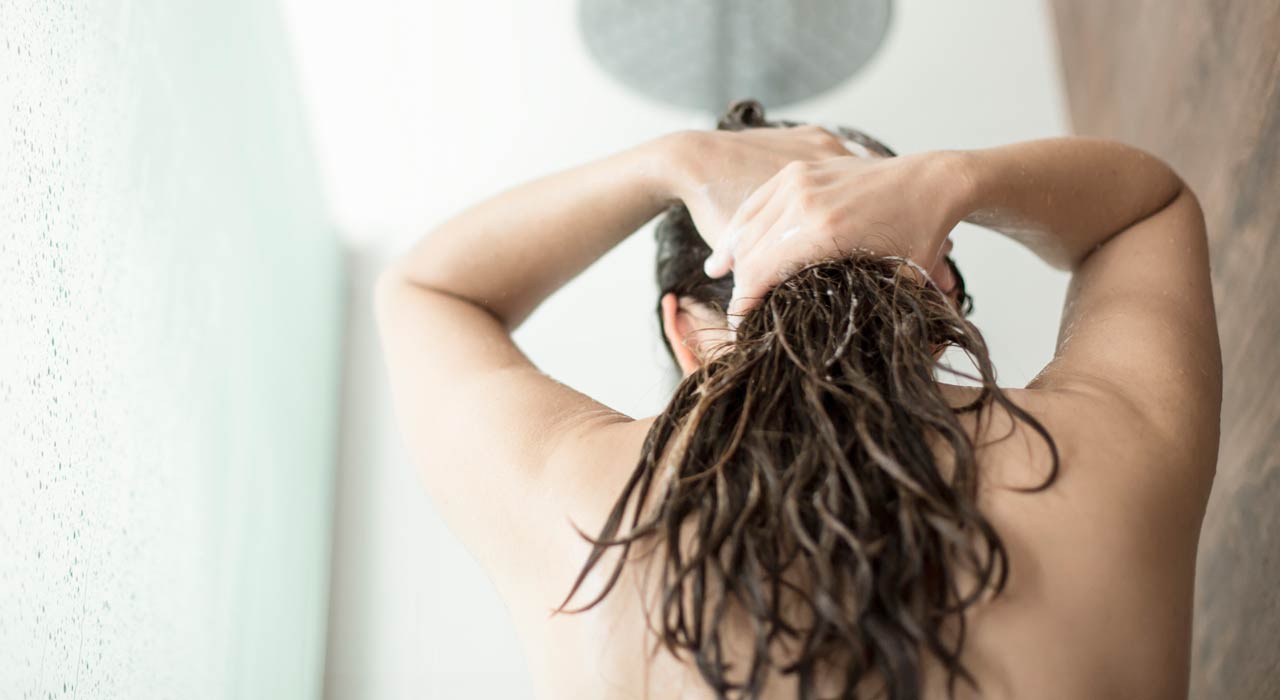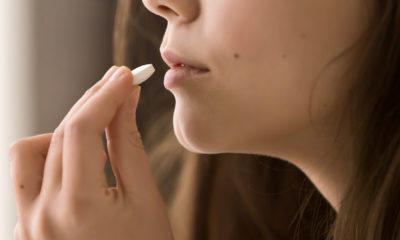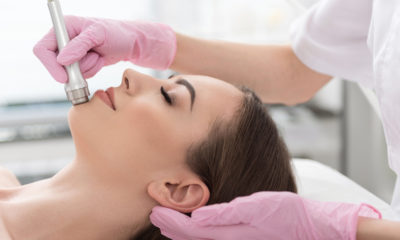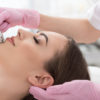Beauty
Are Sulfates Bad For Your Hair?
In a world filled with more choices and options than ever before, people are starting to become pickier when it comes to their beauty products – and rightly so.
In recent years, we’ve seen a significant rise in the number of people moving away from beauty products containing nasty chemicals and towards those boasting more natural, organic ingredients (we’re looking at you Lush).
One ingredient that has received a lot of negative attention is sulfate – a chemical that can be found in shampoo, toothpaste, floor cleaner and even car wash soap. It’s recently become the subject of controversy and people are starting to demand it be removed from their hair care.
Just walk down the beauty aisle in your local supermarket and you’ll see bottle after bottle of shampoo with “Sulfate-Free” emblazoned on the label with the promise of soft, shiny hair.
But, amidst cancer-causing rumors and claims of beautiful hair after just one wash, what should we believe? Are sulfates as bad as they’ve been painted or is this another marketing scheme trying to take more of our money? TRAIN for HER investigates.
What is a sulfate?
Put simply, sulfates are cleansing agents responsible for all the lathery goodness you see in shampoo commercials.
They also rinse away product build-up and excess oil in your hair – they’re cheap and they work. If you want to check whether your products contain them, look for sodium laureth sulfate, sodium lauryl sulfate, ammonium lareth sulfate and myreth sulfate on the label.
Why do people avoid them?
The problem with sulfates is that, while they wash out excess oils, they can also strip natural oils from the scalp and hair which can result in dry and brittle hair. They also damage colored hair and have come under fire for causing frizziness.
The chemical has also been linked to cancer, although those rumors are false as there has been no scientific evidence to support the claims.
– RELATED: Natural Alternatives To Microbeads That Are Actually Better –
Are sulfates bad?
Sulfates aren’t inherently bad. They’ve passed all safety regulations and are very effective at cleaning your hair (and your car).
For most people, there aren’t any risks involved with using shampoos containing sulfates. But, if you want to be more mindful of your hair care but don’t want to eliminate sulfates completely, you can.
Many companies such as TreSemme and L’Oreal Paris are actively trying to lower their use of the chemicals while maintaining the formula you’ve grown to love.
Who should avoid sulfates?
People with sensitive scalps should avoid sulfates as they can cause irritation, dryness and itching. Also, those with dry or frizzy hair should consider trying a sulfate-free shampoo to maintain natural oils on the scalp which will keep your hair hydrated.
Sulfates can also a problem for people with natural hair. Because they strip away a lot of the natural oils, for those with frizzy or curly hair, it may be better to opt for a sulfate-free product.
– RELATED: Everything You Need To Know About Dandruff –
What are the options?
Switching to a sulfate-free formula isn’t difficult as there are loads of products on the market right now. Personally, I’ve had a lot of success with BIODERMA Nodé Shampooing Fluide. Not only has it soothed my scalp, but it leaves my hair feeling soft and smooth.
While it does have a higher price tag ($13/£9) than your regular shampoo, this is on the lower end of what’s available.
Also, don’t be surprised if the shampoo doesn’t sud up like you’re used to. It’s still working, but because it’s sans sulfate, it won’t give you that Herbal Essence “YES” feeling.
Don’t feel pressured to switch if you’re getting on just fine with your regular shampoo. There aren’t any health concerns linked with sulfates right now and with many companies lowering their usage of the chemical, it looks like we’re taking a step in the right direction.
For more beauty and health advice, sign up for the TRAIN for HER newsletter.


















